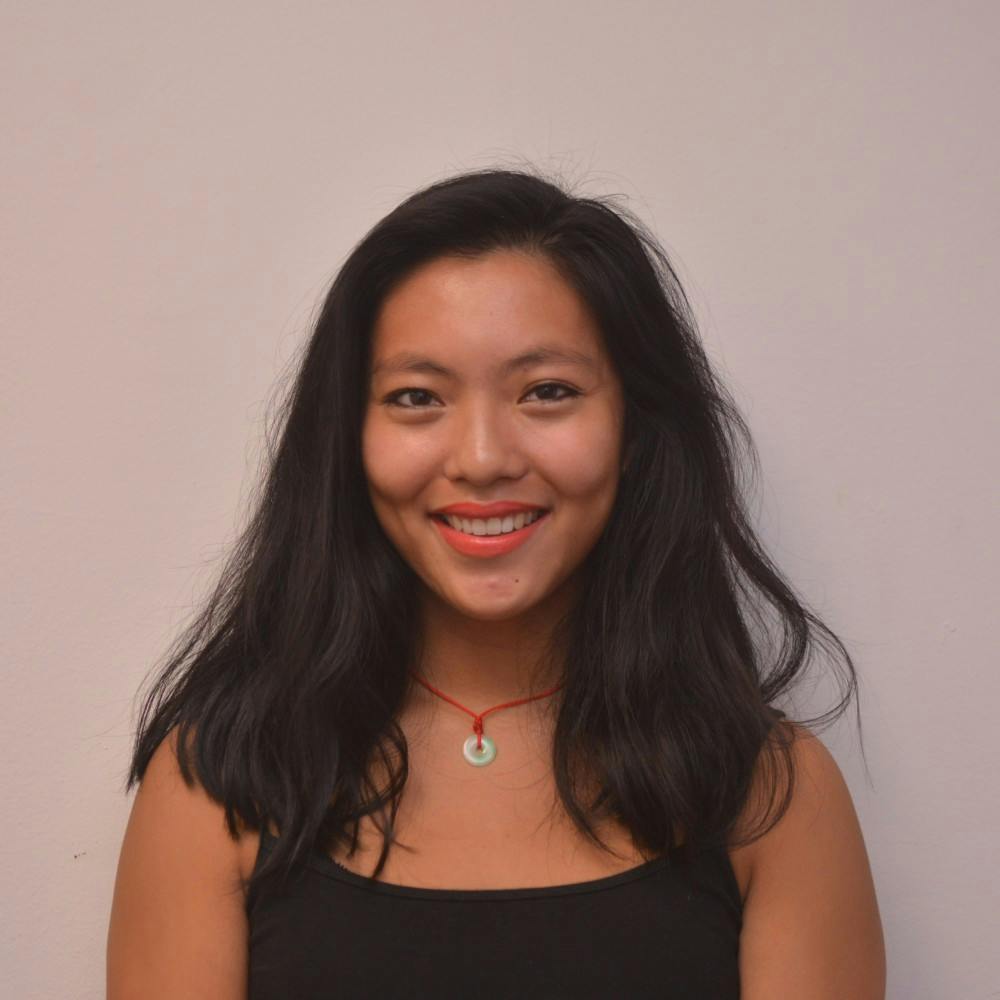My best friend and I throw around the term “banana” all the time. We see an Asian girl who only hangs out with white people, and we call her “banana!” I forget to take my shoes off when I enter his house, and he goes, “banana!” Then we laugh hysterically at how funny we think we are.
“Banana” is an intrinsically troublesome term. A “banana” is a person who is yellow on the outside and white on the inside. A lot of Asians use it to describe Asian Americans who seem to betray their heritage by “acting white” all the time. In general, “acting white” means only hanging with white people and having no interest in Asian culture.
Up until college, I had never used the word at all. I grew up in the South, in a mostly white community. I guess you could say I was one of those “bananas.” My white friends called me “wasian,” because I only ever hung out with white people.
Regardless, I never felt white myself. My friends constantly reminded me of how Asian I was. Once, we were sitting around giving each other cute nicknames for the colors of our skin. My half-black, half-white friend got “dulce de leche”. My blonde-haired, blue-eyed friend got “white chocolate”. When they came around to naming me, my blonde friend screamed, “Duck sauce!” She played it off like she was joking with my other friend, but I knew. So did he. He immediately chastised her for it.
When I came to Penn, I gravitated towards the Asian community. I won’t lie; I didn’t want to. Growing up, I was fed all these criticisms from my white friends about how sad it is that Asians group together. “You’re different, Amy” they said. “You even look less Asian!” I’m ashamed to say that I considered that a compliment at the time.
I wanted to be white. Sometimes, I still do. However, at Penn, I found that the people I connected with most easily were Asian. I consciously tried to avoid it, even rushing Panhellenic sororities, but no group other than akDPhi — one of the Asian sororities — wanted me. So I fell into the Asian community’s open arms.
I began to push down the side of me that wanted to be white, and I assumed pride in my Asian identity. The problem is that I took that pride too far. I began to condemn Asian people who were “white-passing”, who, in my mind, had turned their back on their heritage. I called them “bananas” and I hated them. Was that hate a natural outflow of pride in my culture?
No, I realized. It wasn’t. It was bitter jealousy because they had done something I couldn’t. They had been accepted by the white community where I hadn’t been. I started to see that there was something wrong in using the word “banana”.
To me, “banana” has a connotation of hate. When I use it, it is to criticize, to judge, to condescend. To make myself feel better. It is that feeling behind the word that makes it so dangerous. And if others are using it in that way, then we only spread more hatred.
There is a more fundamental problem in saying that someone is “white” on the inside. When we say that someone is acting “white,” what does that even mean? Did that person suddenly change his genetics? Or because this person likes to eat hamburgers, connects with friends who happen to be white, then he acts “white?” It’s another dangerous assumption to make. It leads to appropriation, and it leads to segregation. White people don’t own American culture. When you say that eating hamburgers is white, then does that mean I’m not allowed to do it because I am Asian? Race is being confused with culture. Then that leads to encouraging races not to integrate for fear of losing cultural purity.
No matter what I do, it will never change the color of my skin. I can never forget my heritage, because I am reminded of it every time I look in the mirror. I was raised in America, I adopted American traditions and that’s not a bad thing. I am allowed to love American TV shows, I am allowed to prefer steak but I am also allowed to love chicken feet. I am Asian-American. That’s the beauty of a hyphen identity.
AMY CHAN is a College junior from Augusta, Ga., studying English and classics. Her email address is chanamy@sas.upenn.edu. “Chances Are” usually appears every other Wednesday.
The Daily Pennsylvanian is an independent, student-run newspaper. Please consider making a donation to support the coverage that shapes the University. Your generosity ensures a future of strong journalism at Penn.
DonatePlease note All comments are eligible for publication in The Daily Pennsylvanian.





